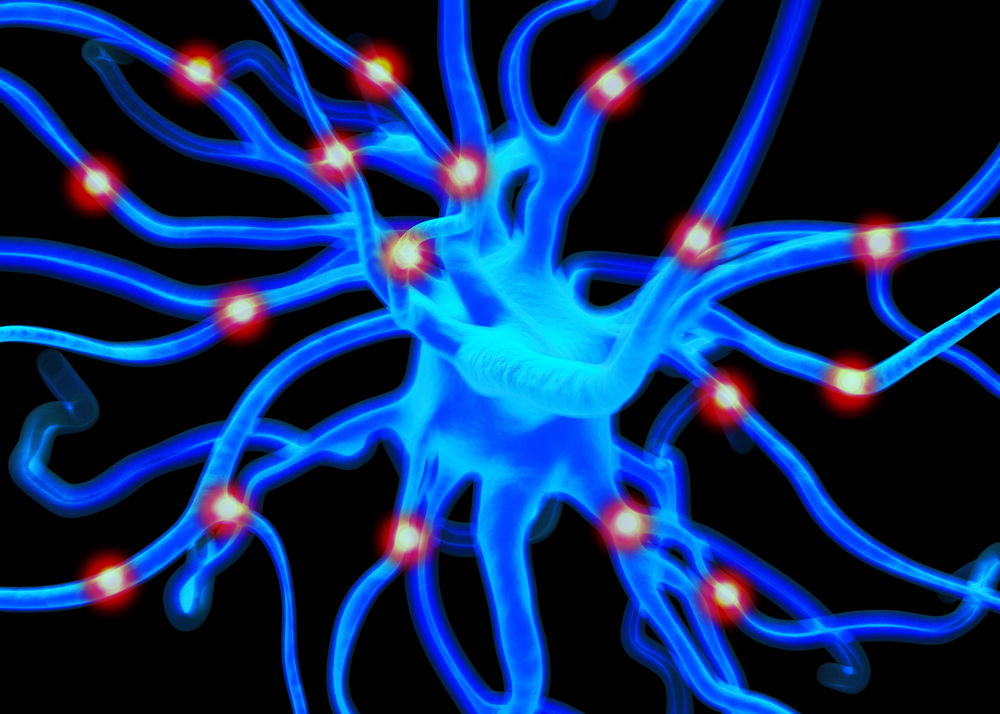Nerve injury is when a nerve stops transmission of signals from one side of the brain to the other, prevents muscles from working, and causes a loss of feeling in the area supplied by that nerve. Th..
Nerve injury is when a nerve stops transmission of signals from one side of the brain to the other, prevents muscles from working, and causes a loss of feeling in the area supplied by that nerve. There are three basic types of nerve injury. The first kind is where the nerve is bruised and does not work properly for a short period of time, but all the inner cables remain intact. This type of nerve injury recovers fully and leaves no deficit at all. The second kind is where the inner cables are damaged, but the outer layer remains intact. The third kind is where the nerve is divided, and both the outer layer and inner cables are divided. This type of injury requires the nerve to be repaired, if it is to recover.

Symptoms largely depend on the kind of nerve affected, and whether one nerve or several nerves, or the whole body has been affected.
- Numbness and pain.
- Tingling and burning in the arms and legs.
- Contraction of muscles.
- Lightheadedness and fainting.
- Chest discomfort or pain that points to heart disease.

The common causes of nerve injury are:
- Compression and stretching.
- Electrical Injury.
- Laceration.
- Diabetes.
- Drug injection injury.
- Focal contusion.

The main risks factors are:
- Acquired diseases.
- Consumption of alcohol.
- Anaemia.
- Cancer treatment.
- Compression of nerve.
- Inflammation.
- Weak immune system.

To prevent the occurrence of nerve damage, these are certain things one should take care of:
- Regular exercising.
- Avoid consumption of tobacco.
- Eat balanced diet.
- Drink plenty of fluids.
- Prevent head injuries.
- Frequent testing of the eyes and ears.
Our superspecialist doctors provide the highest quality of care through a team-based, doctor-led model. Trained at some of the world's most renowned institutions, our highly experienced doctors are distinguished experts in their respective specialities. Our doctors work full-time and exclusively across Medanta hospitals. In addition to offering superspecialised care in their own field, the Medanta organisational structure enables every doctor to help create a culture of collaboration and multispecialty care integration.
Our superspecialist doctors provide the highest quality of care through a team-based, doctor-led model. Trained at some of the world's most renowned i..... Continue Reading


